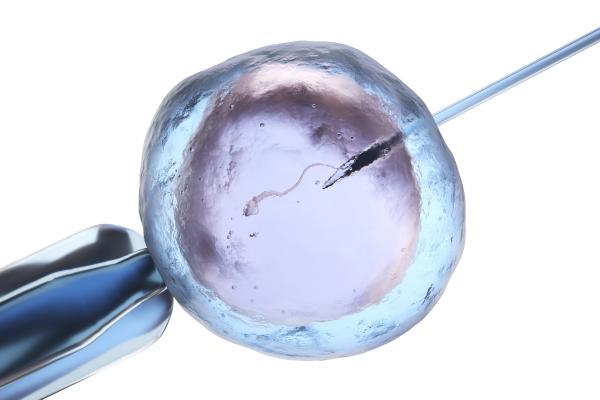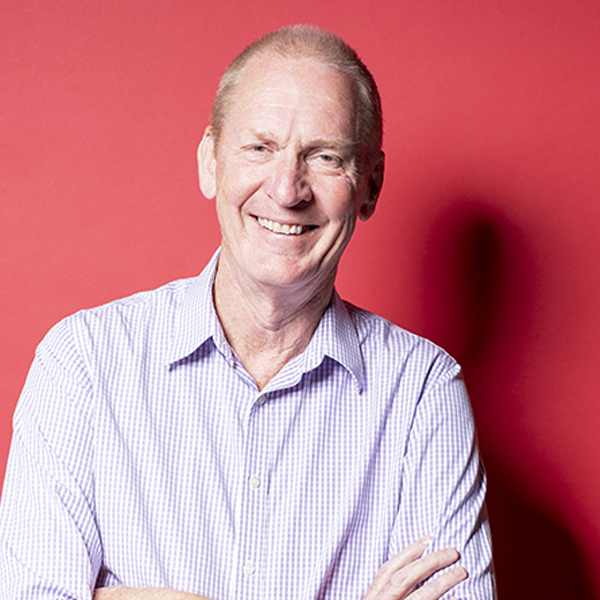Question
My wife and I are currently going through IVF and we’ve been reading about the use of ICSI (intracytoplasmic sperm injection). I have not been diagnosed with any particular problem, and our infertility is classified as “unexplained”. Should we use ICSI?
Answer
ICSI follows the same process as IVF (in-vitro fertilisation), except ICSI involves the direct injection of a single sperm into each egg to achieve fertilisation.
ICSI is usually the preferred treatment for couples with confirmed male infertility, such as low sperm numbers, low sperm motility, abnormal sperm shape, blockages, and less common conditions, such as sperm antibodies. ICSI can also be used for couples with unexplained failure in previous IVF cycles.
Around one in 7 couples that require artificial reproductive treatment (ART) have “unexplained” infertility and doctors often first use approaches like ensuring the female partner’s ovulation occurs at the same time as natural sex or artificial insemination/intrauterine insemination (IUI). They may then recommend IVF where thousands of the male partner’s best sperm are purified and incubated with the egg — this is the preferred initial ART procedure in cases of “unexplained” infertility.
While ICSI is a more invasive procedure, some have suggested it may help by reducing the risk of failed fertilisation. However, it’s emerging that IVF is probably the preferred treatment, at least in the first cycle, in “unexplained” infertility. IVF allows for healthy competition between sperm, is less expensive, avoids trauma to the egg and may produce more embryos, with better pregnancy and live birth rates
ICSI is not the first stepping stone in ART for “unexplained” infertility, however it’s important to ‘keep it up ones sleeve’, in case there’s a need for it after trying the other approaches mentioned above.












